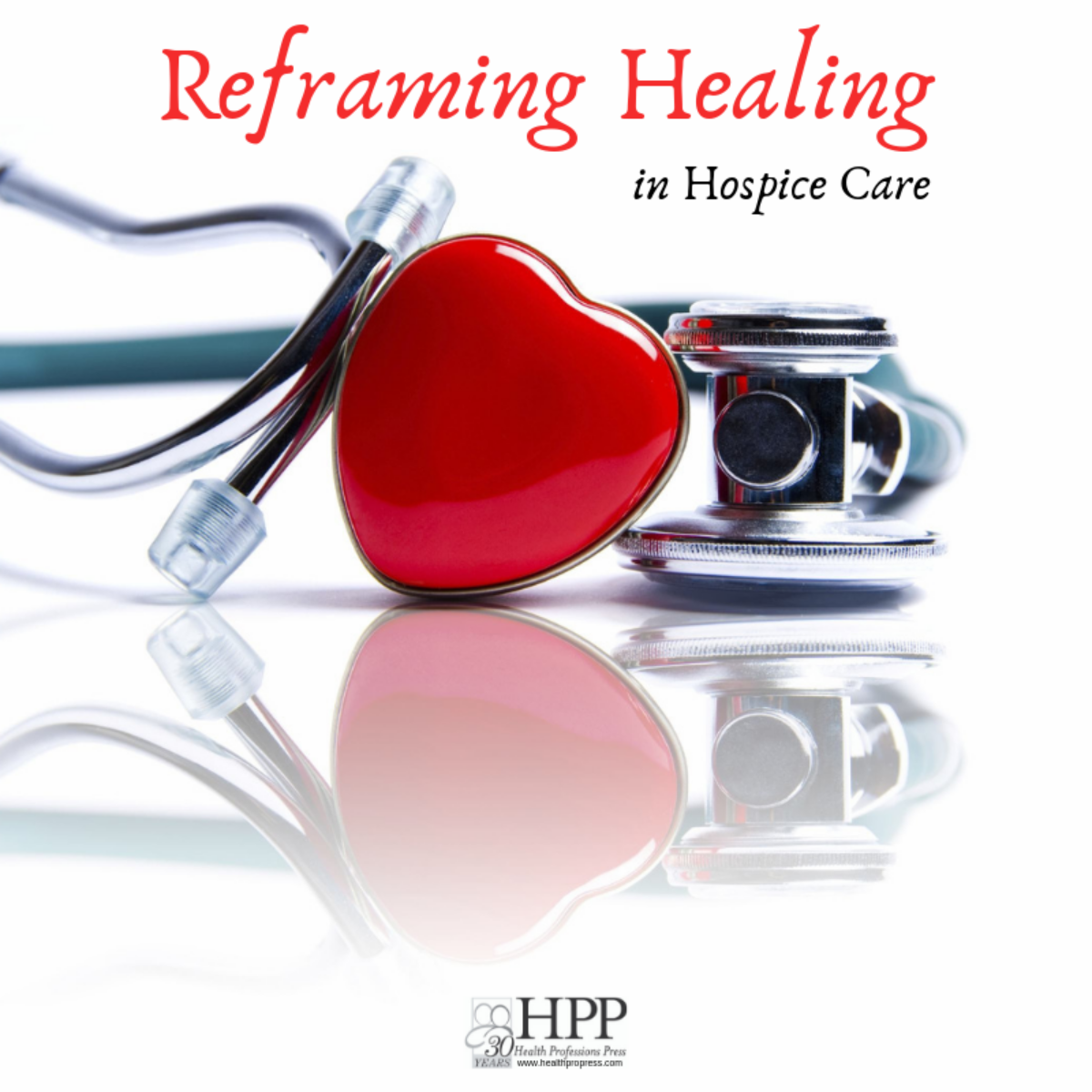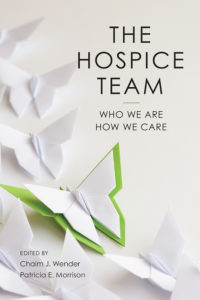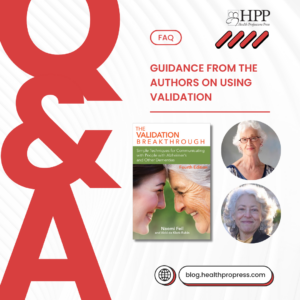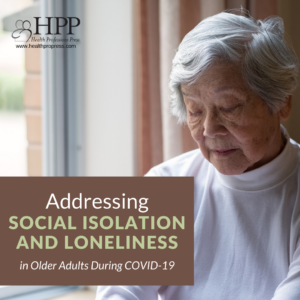
Reframing Healing as a Physician in Hospice Care
This post was adapted from an essay appearing in The Hospice Team: Who We Are and How We Care.
By Faustino Gonzalez, MD, Chief Medical Officer
The concept of healing has always been associated with cure of disease. Healing is, in fact, the goal of medicine. As a physician trained in Internal Medicine, I spent the first fourteen years of my professional life applying my skills toward that goal. When I started working in hospice and palliative care, my focus became comfort and symptom control. Did I abandon my mandate? Did I fail Hippocrates? I do not think so. In his famous essay, from which the Hippocratic Oath is drawn, Hippocrates defined medicine as freeing the sick of their suffering, dulling the vehemence of diseases, and not attempting to cure those who have been overwhelmed by their ailments, knowing that the medical art cannot always restore health. So, removing the distress of the sick when cure is not possible is good medicine, but is it healing?
Death as a failure of medicine
For centuries, death was an intensely personal event in which the whole family participated. Most people died at home and the bodies remained at home for the wake. During the American Civil War, embalming was developed as a way of transporting the bodies of dead soldiers to their home states. Soon after, the funeral industry began to use embalming as a way of providing families an opportunity to view the body at a time of their choosing.
Years later, after World War II, the Hill Burton Act was passed. It was meant to improve our interstate road system. It also provided additional funds for communities that built hospitals. Now, instead of doing house calls, doctors could send a patient to the hospital and see him or her there. Patients got faster access to care. As hospitals grew, intensive care units evolved and cardiac catheterizations, dialysis, and more complex, lifesaving procedures were developed. More people had access to care, patients survived catastrophic illness in greater numbers, and life expectancy prolonged.
The unintended consequences of all these great advancements was that death was seen as a failure of medicine and not addressed as a potential consequence of the progression of some illness or the shortcomings of therapies that had not yet been perfected. People died in hospitals following protracted treatments that were often futile. It is not that doctors wanted patients to suffer. The problem was, and continues to be, that they could not determine when not to offer therapy. In our desire to extend life and beat disease, we became so arrogant (in my opinion) that we forgot that a disease may eventually win.
Transcending Suffering
My generation of doctors trained before the concept of autonomy (an individual’s right to accept or refuse treatment) was well articulated. There was no training on difficult conversations about the burdens of a particular treatment and their effect on quality of life. Patients linger on ventilators for months, even years. Others are given treatments that may prolong their life, but will do nothing to improve its quality. Our success has become our burden: the inability to know when not to offer treatments that may be futile or unbeneficial. This is not a money-driven issue, as many think. It is the result of not knowing when to stop because we have not been trained to think that way. We are conditioned to the myopic view that healing means curing, completely reversing diseases. In fact, unless we acknowledge suffering in all its domains—physical, emotional, existential, spiritual—we do our patients a disservice. Eric Cassel, one of the pioneers of palliative care in the United States, put it quite eloquently: “The relief of suffering and the cure of disease must be seen as twin obligations of a medical profession that is truly dedicated to the care of the sick.”
And so, palliative care is specialized medical care for those with a serious illness, providing relief from the pain and symptoms, and improving comfort and quality of life. Hospice care begins when treatment of the serious illness has stopped.
Thomas R. Egnew, a licensed social worker and independent researcher, looked at healing from a larger perspective, namely that the alleviation of suffering, and helping patients to transcend suffering, is as lofty a goal as the total elimination of the disease. As a practitioner of palliative medicine, I believe that what I do is healing, even if it does not cure. Symptom control and acknowledgement of an individual’s personhood go hand in hand, particularly at the end of life.
More than merely breathing
While no one wants to die, everyone has an idea of what quality of life means to them and should share that with their loved ones. For many, quality of life is being at home, surrounded by loved ones. It is about being present and being able to do more than merely breathe. One of the greatest gifts we can give to our loved ones is to share with them what kind of care we would want if we reach a stage where we cannot communicate.
As I embraced hospice and palliative medicine as my chosen specialty, I had to learn humility and restraint, and to be part of a team. I was trained to give orders and to be the captain of the ship. I had to learn to listen to other members of the hospice team and to take their opinion and counsel into account. In the process, I did not lose my clinical judgement, nor did I delegate decision making to others. What I gained was perspective, a greater understanding of what it takes to care for a patient who is approaching the end of life, and how an illness affects a patient’s loved ones. I believe that I am a better physician because of this.
Adapted from The Hospice Team: Who We Are and How We Care, edited by Rabbi Dr. Chaim Joseph Wender, F.LBC, and Patricia Ellen Morrison, L.C.S.W. Copyright © May 2019 by Health Professions Press, Inc. All rights reserved.
Read the book!
The Hospice Team
Who We Are and How We Care
By Rabbi Dr. Chaim Joseph Wender, F.LBC, and Patricia Ellen Morrison, L.C.S.W. Copyright © May 2019 by Health Professions Press, Inc. All rights reserved.
This series of 21 essays from 9 disciplines of hospice care will give you an inside look into what hospice truly is and the many ways in which the hospice team cares for those who are approaching the end of life.






Add comment